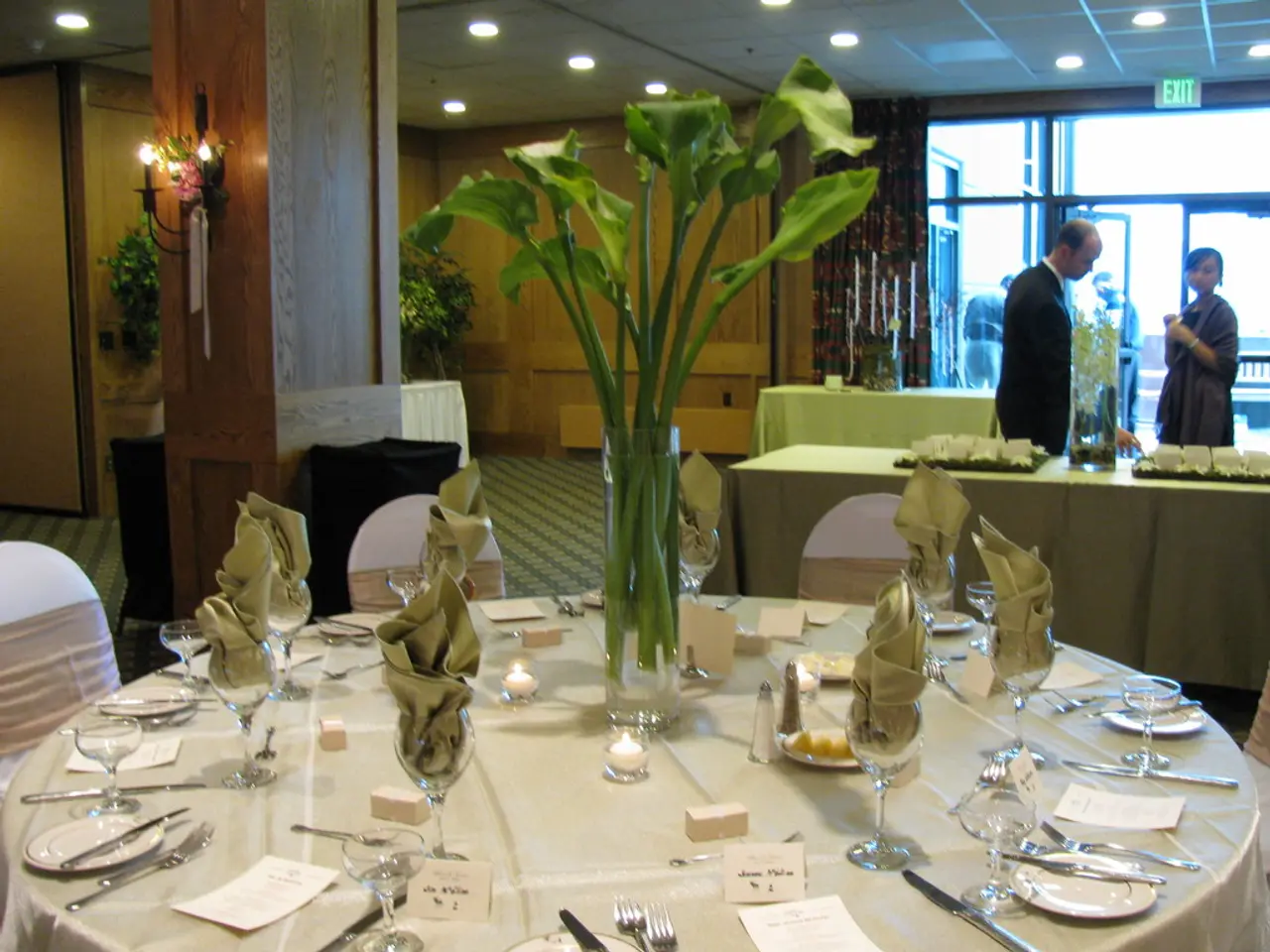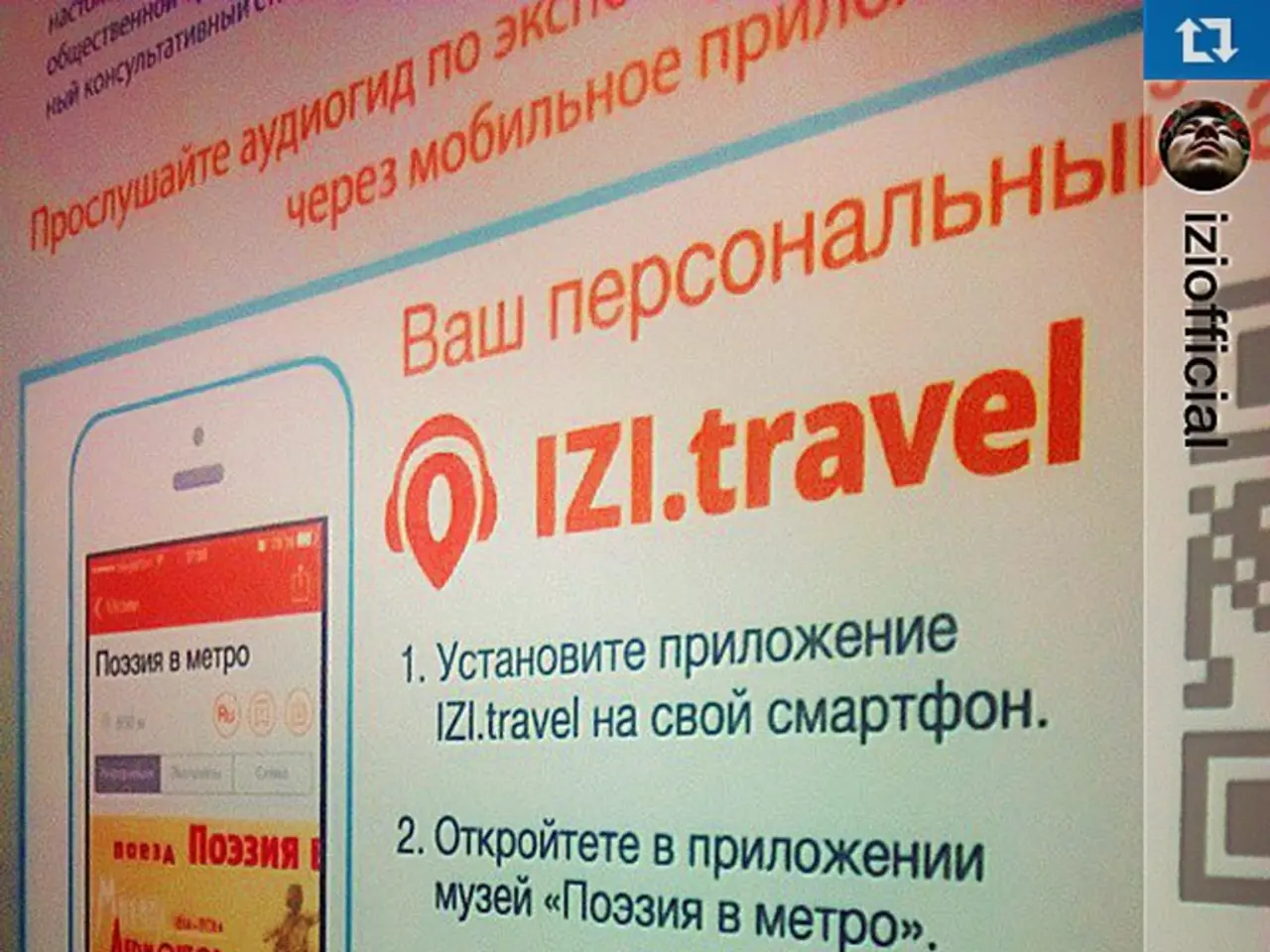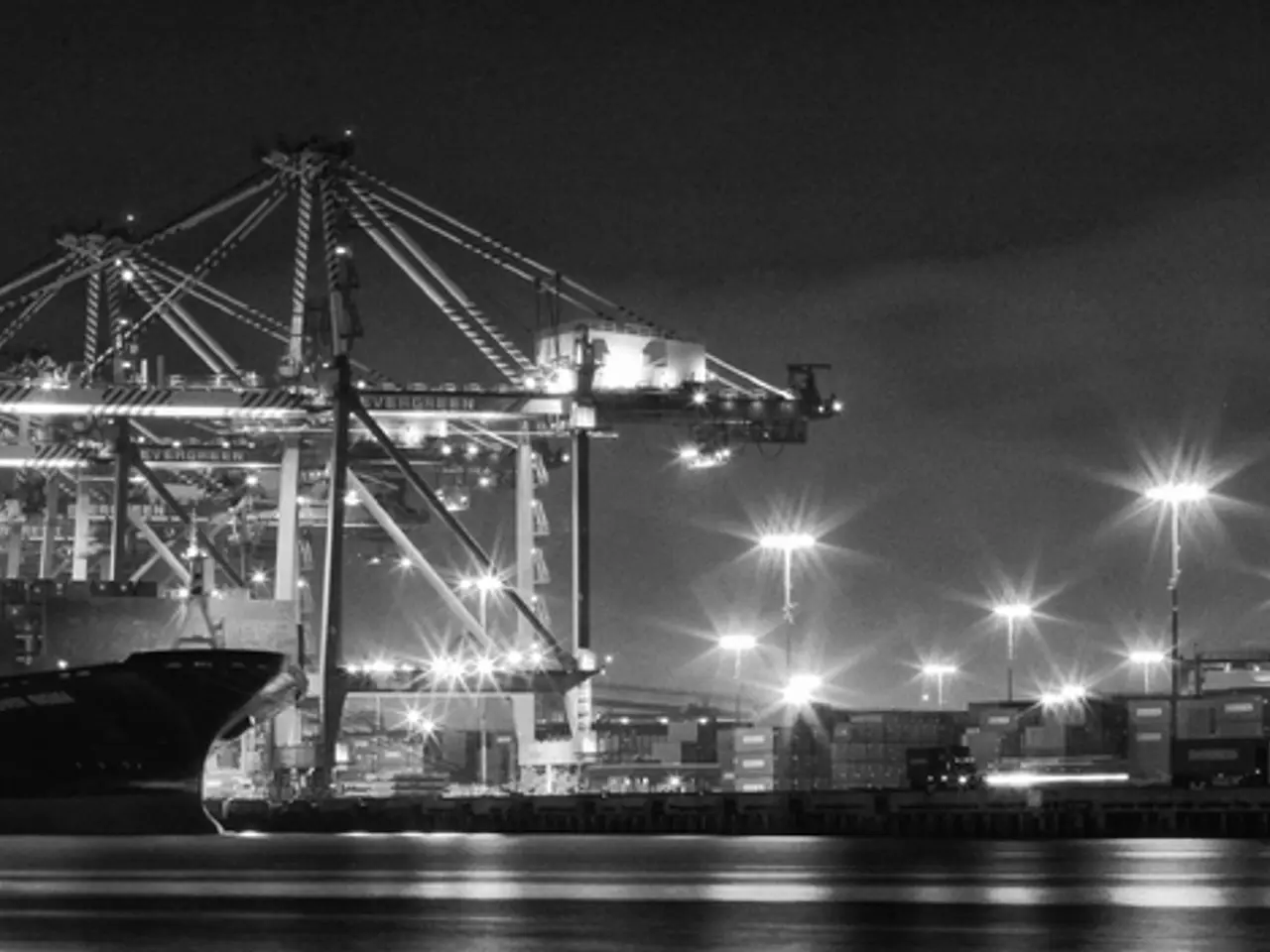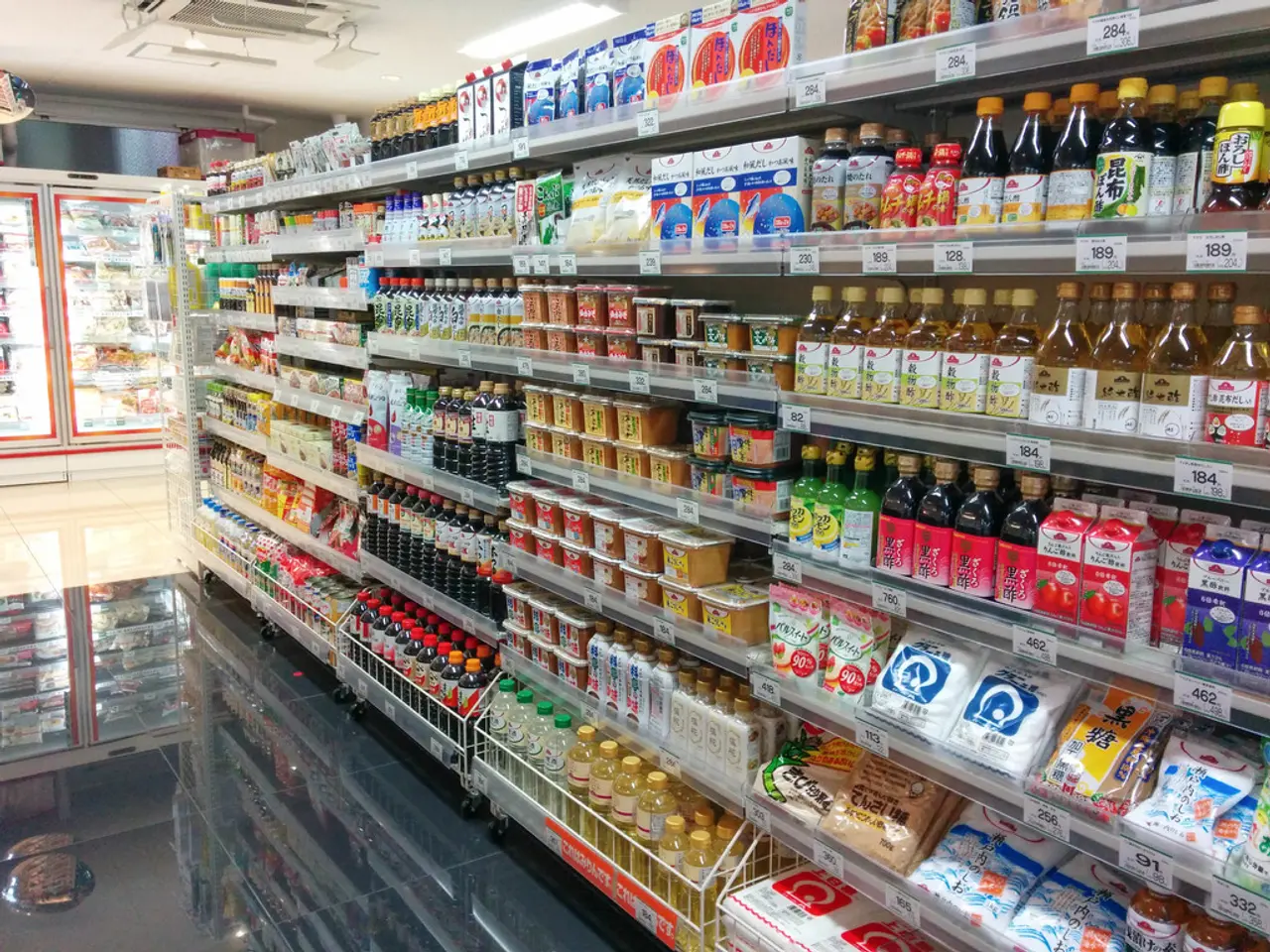Business owners in the hospitality and retail sectors express opposition to a potential delay in implementing a reduction in Value-Added Tax (VAT)
The Irish Government has confirmed plans to reduce the Value-Added Tax (VAT) rate for food and drink services in the hospitality sector, as part of a wider tax package worth approximately €1.5 billion. The VAT rate is set to be reduced from the current 13.5% to 9%, a move aimed at providing relief to businesses in the sector.
The Government's Programme for Government supports measures aimed at helping Small and Medium Enterprises (SMEs) in the hospitality industry, including the VAT cut. However, there is some indication that the actual implementation of this reduction might be delayed until mid-2026 to accommodate broader tax cuts in the budget.
The permanent reduced VAT rate, as promised by the coalition government, will be published in Budget 2026 expected in October, with implementation from January 1, 2026. However, the accommodation sector is excluded due to concerns about enforcement complexities and the risk of tax manipulation if VAT rates were split within the hospitality sector.
The retail and hospitality industries, according to Retail Excellence Ireland (REI) chief executive Jean McCabe, have been severely impacted by rising business costs. Ms McCabe stated that the VAT rate for hospitality must be cut in Budget 2026 as promised. She also suggested reducing the general rate to 21% from 23% to support other retailers.
The Irish Hotels Federation chief executive Paul Gallagher stated that discussions with the Government have always been about reducing VAT for hospitality food services only, not accommodation services. Gallagher stated that the 9% VAT reduction sought would apply to prepared food services, including meals in restaurants, takeaways, commercial kitchens, and food served on transport.
However, there is some debate and caution within the government and from unions. Some ministers express concerns about the fairness and economic impact, noting past VAT cuts haven't necessarily been reflected in lower consumer prices and the cost implications are significant for the budget.
The exact timing of the VAT reduction implementation could be delayed to mid-2026, and claims that reducing the VAT rate for hospitality would cost €1 billion are considered misleading. Reducing the VAT rate for food and drink, and accommodation at the next budget would cost the exchequer about €800 million.
Despite these concerns, both the retail and hospitality industries, and their respective lobby groups, have pushed back against a possible delay in reducing the 9% VAT rate for hospitality. Numerous business owners in these industries have been forced to close due to unsustainable financial pressure.
References:
- RTE News
- Irish Examiner
- Irish Independent
- Irish Times
- The Journal
- The Irish Government's tax package, which includes a VAT cut, aims to offer relief to businesses within the hospitality sector, a crucial part of the national economy that often consists of Small and Medium Enterprises (SMEs).
- Faced with rising business costs, representatives from the retail and hospitality industries, such as Jean McCabe and Paul Gallagher, have advocated for a permanent VAT reduction, particularly for hospitality food services, in the upcoming Budget 2026, citing the severe impact these costs have had on many businesses in these sectors.




